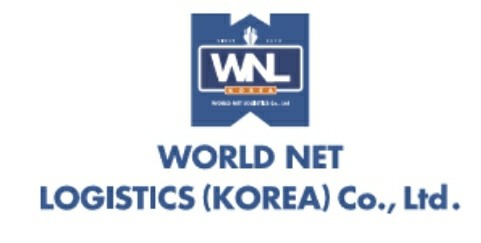Why Korean importers Are Getting Nervous
Starting October 1, 2025, the Chinese government will officially implement a revised corporate income tax policy aimed at strengthening tax reporting obligations for export businesses.
The key point?
Even FOB-based exports (export agency/forwarding customs clearance) — which previously avoided direct tax exposure — will now be included in the tax reporting system. Factories and exporters will need to report their income and possibly pay taxes directly.
Why FOB Exporters Are Affected
China has long struggled with tax evasion and incomplete documentation for export transactions, especially when the actual manufacturer or factory is different from the declared exporter.
To solve this, the government is now requiring:
Mandatory submission of the 18-digit unified business license number of the manufacturer
A factory-issued export confirmation letter (with official seal)
Income tax liability to be assumed by the actual producer, when applicable
This means all parties involved in FOB-based exporting must prepare for tighter regulations and documentation.
Why Korean importers Are Feeling the Pressure
China is the largest exporter in the world, and the top import source for Korea.
But here’s the issue: a significant portion of Chinese exports to Korea are processed via FOB (export agency) customs clearance.
once this tax reform is fully enforced:
Export agents may increase their service fees
Factories may refuse to cooperate due to tax risks
Processing times and document handling could slow down
Resulting in a potential short-term drop in Korea’s import volume from China
Some Korean businesses are already expressing concern:
"If China fully implements this, we might see a significant slowdown in incoming goods before year-end."
What’s Happening Now?
Guangdong Province began pilot enforcement in August 2025
Details such as tax rates and payment methods are not yet officially announced
Both Korean importers and Chinese factories are closely watching developments
Summary
FOB customs clearance is still possible
But the process will involve stricter paperwork and possible tax obligations
Korean importers must pre-arrange tax and document responsibilities with their suppliers
Short-term supply chain disruptions are likely unless businesses prepare in advance
 |VIP Expires: 02/08/2028
|VIP Expires: 02/08/2028

